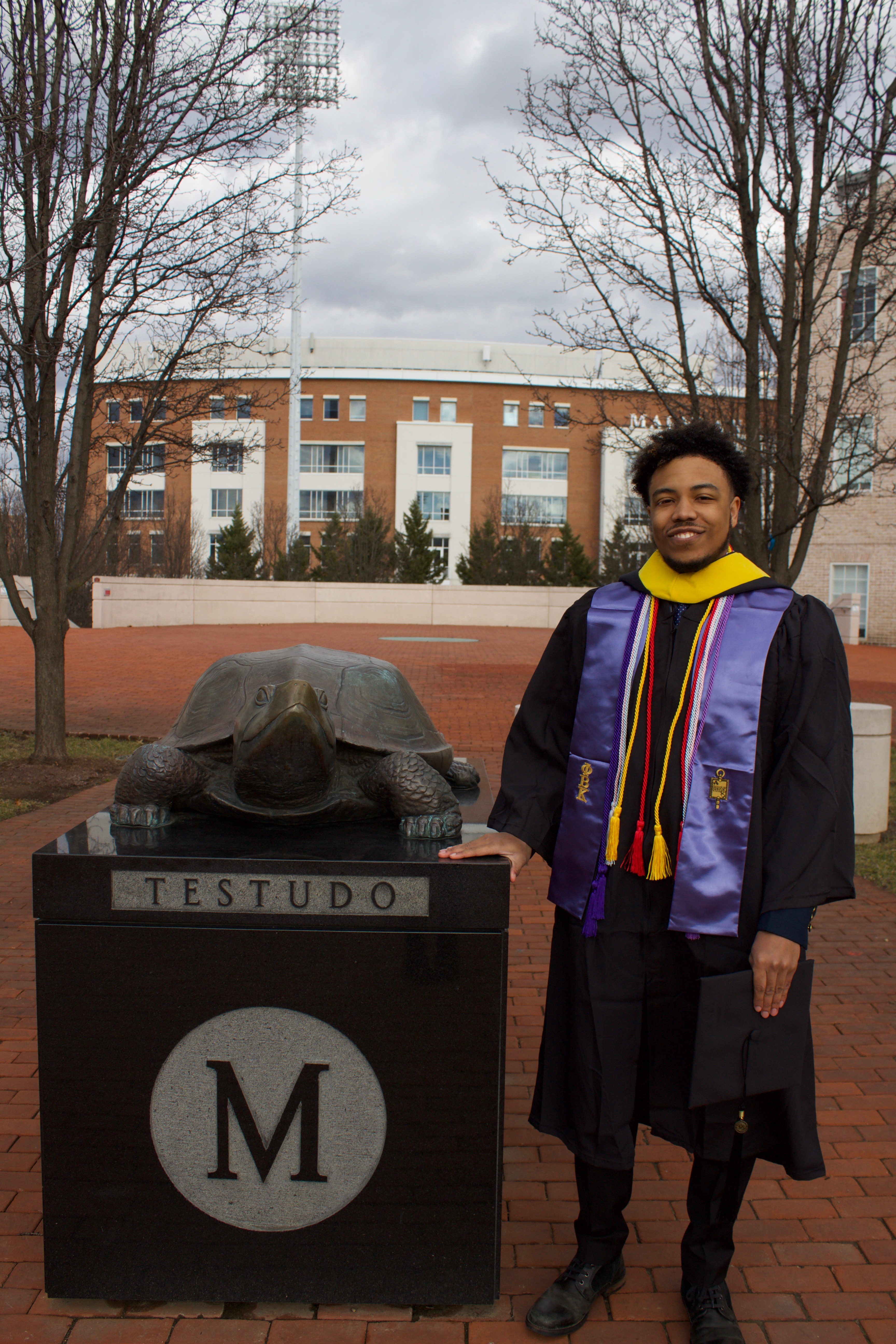
Nicholas Stewart ‘20
Title: Digital Forensic Technology Analyst
Employer: Deloitte
Major: Economics; Minor: Statistics
What do you enjoy most about your current position?
Whether in the design of cloud-based risk management platforms or presentations of advanced analytics results, I appreciate that I am able to apply design-thinking in my work. Along with accuracy and completeness, usability and visual presentation are critical elements of project deliverables (e.g., cloud platforms, interactive dashboards, executive reports). In addition to applying design skills and principles across projects, I embrace the opportunity to collaborate with team members across the country and globe and learn from diverse perspectives.
What is a typical day like in your position?
I primarily support client-facing projects that fall into one of two types: (1) the delivery of cloud-based platforms designed to digitize and streamline risk management processes (e.g., enterprise risk management, forensic investigations) and (2) data-driven fraud detection using artificial intelligence (AI) and machine learning (ML) techniques. Each day is different, and my responsibilities vary by project, which tend to follow Agile, sprint-based methodologies. Usually, I start the day with a stand-up call to report on progress. When supporting platform design and/or implementation projects, I facilitate client-facing requirements-gathering sessions, consolidate technical design documentation (e.g., user stories, acceptance criteria, business process flow diagrams, wireframes, etc.), conduct quality assurance (QA) testing, or lead user acceptance testing (UAT) of configured platforms. When contributing to analytics-focused efforts, I process, transform, analyze, and visualize data through tools such as SQL, cloud technologies (e.g., Microsoft Azure services), Python, Tableau, and Power BI to identify insights and drive client decisions.
How did you find your current position?
During the summer leading into my junior year, I spoke to an Analytics Consultant within Deloitte’s Forensic Analytics practice at a networking event hosted by Deloitte. I learned of data science and statistical computing through coursework and prior internship experiences, and the Consultant’s discussion of Deloitte’s approaches and methodologies toward forensic analytics resonated with me during the conversation. After the event, I followed up with him, applied for a summer internship, and received a full-time offer following my completion of the internship experience.
Which undergraduate experiences did you find most helpful in preparing you for your current position?
Through formal professional development programming and guidance from older students, UMD's College Success Scholars (CSS) program provided a glimpse into overall expectations related to the corporate workplace. The Economics Department’s PADE program also provided advising and support that helped ease my transition into the working world. At my prior internships at the Federal Reserve Board and Optimal Solutions Group, I expanded my technical skill set and applied knowledge gleaned through coursework to real-world challenges in economic research and procurement analytics, respectively.
How has your coursework helped you in your current position?
In addition to coursework in Information Science and Statistics, I particularly enjoyed and benefited from the Economics Department’s classes in Applied Econometrics and Cost-Benefit Analysis. ECON424 and ECON426 provided technical skills (e.g., exposure to statistical computing and modeling approaches) that I still leverage. I appreciated the opportunity to embrace quantitative skills while tackling projects that posed questions and/or challenges but provided students with flexibility in critically considering and drawing from course concepts to address them.
Any job or internship advice for students seeking a position in your field?
Application processes for consulting-focused internships and jobs often include “cases”, which involve applying critical-thinking and/or quantitative skills to business scenarios. When applying for positions, recognize that most, if not all, interviewers are not solely interested in your final results; they evaluate “how” you derive and communicate your findings as well. In addition to practicing for scenario-based interviews, I recommend learning basic coding/scripting and data visualization skills; these may not necessarily be expected for interns, but they can certainly provide an advantage.
Anything else you want to share with undergraduates?
(1) As it relates to tutoring/mentorship, do not be afraid to seek help; the university has a wealth of resources to offer. (2) “Soft skills'' are absolutely critical in the working world. Having experienced this first-hand in consulting, the ability to collaborate with team members and communicate thoughts or results (e.g., visually, verbally, etc.) is crucial as both a student and professional.

